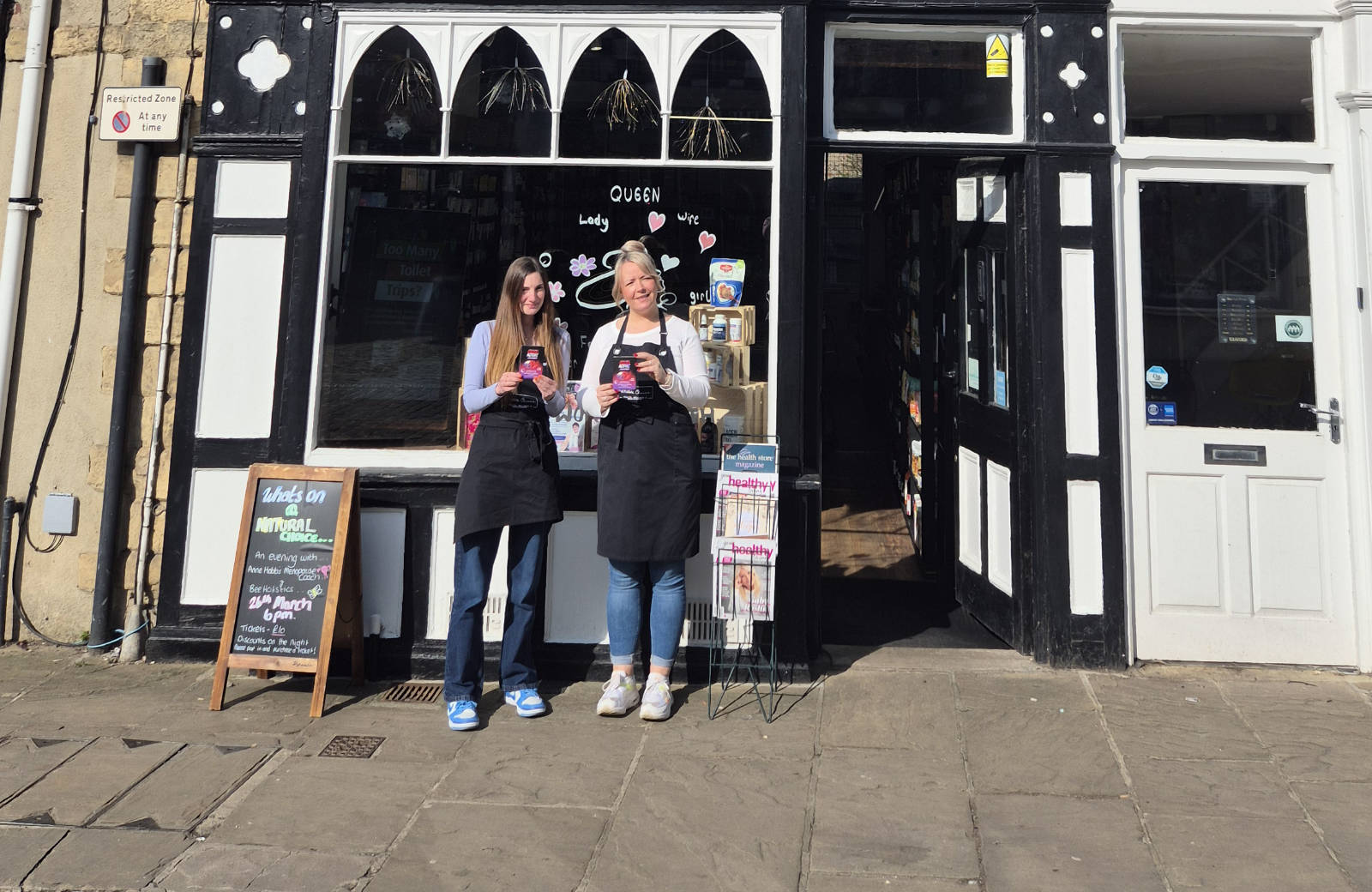North Yorkshire County Council has given a cautious welcome to the additional funding for adult social care announced today in the Chancellor’s spring budget.
The Chancellor Philip Hammond today stated that an additional £2bn in grant funding would be available for local authorities across the country for spending on adult social care over the next three years with £1bn available in the next financial year.
County Councillor Carl Les, North Yorkshire’s Leader, said: We welcome this additional, much needed funding for adult social care. The County Council will need to understand the detail of this funding commitment and how it will apply to a rural county like North Yorkshire, but at this initial stage we welcome that the Government has recognised the very great pressures on adult social care.
The County Council also welcomed the Government’s intention to carry out a strategic review of adult social care funding with a Green Paper promised for the autumn.
North Yorkshire say they will continue to push for a fairer government funding deal given the current low levels of funding; the higher numbers of older people; and the higher costs of delivering care in a large rural county.
In the coming financial year, the County Council faces additional costs of £13m in providing adult social care, which now accounts for nearly half of the Council’s overall budget. This cost is a result of pressure from the increasing needs of the population, the impact of the National Living Wage, inflation and some planned savings which cannot now be achieved because of the increasing demand on the service. It also makes allowance for the investment which the Council has made in prevention and extra care, to keep as many people as independent as possible, for as long as possible.
Recent care market studies show that North Yorkshire is already at a place where the rest of the country will be in 2020, with demand for services and demographic trends five years ahead of the national average.
Cllr Les said: Without doubt we face enormous challenges in the delivery of frontline services, but we will continue to work closely with partners in the NHS and voluntary sector to deliver high quality, sustainable services and we will continue to innovate and improve to support older and vulnerable people to live well and independently in their communities for as long as possible.







